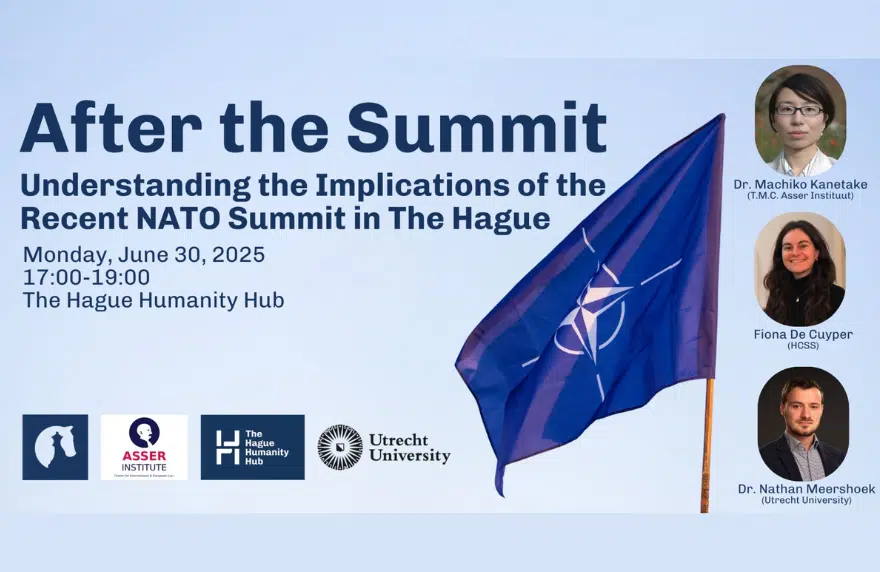It seems that Ukraine’s government and business circles are taking the country’s security seriously. This was confirmed by the interest of Raisa Bohatyriova, the National Security and Defense Council of Ukraine secretary and various Ukrainian businessmen to the presentation by Stephan De Spiegeleire, senior research officer of the Hague Center of Strategic Studies (HCSS). He was invited to Kyiv by the World Policy Institute.
It is worth mentioning that De Spiegeleire, a former sovietologist, is the “father” of a new National Security Strategy of the Netherlands (2007). He told The Day that he never lost interest in this region. “We knew that Ukraine faces the same problems as we did. You have to know how to invest money, what is important or dangerous. Usually, risk assessment analyses are the result of a struggle between political parties or agencies. In addition, there is a struggle between pressure groups,” the expert said.
De Spiegeleire noted that the armed forces and the entire security apparatus in Ukraine were huge, but that the question of how effective they are remained. He also mentioned that it is necessary to objectively assess security matters, and that Ukraine has such a project, funded by the Vidrodzhennia institute.
The Day Weekly Digest
For the full article please see:
www.day.kiev.ua/316600





